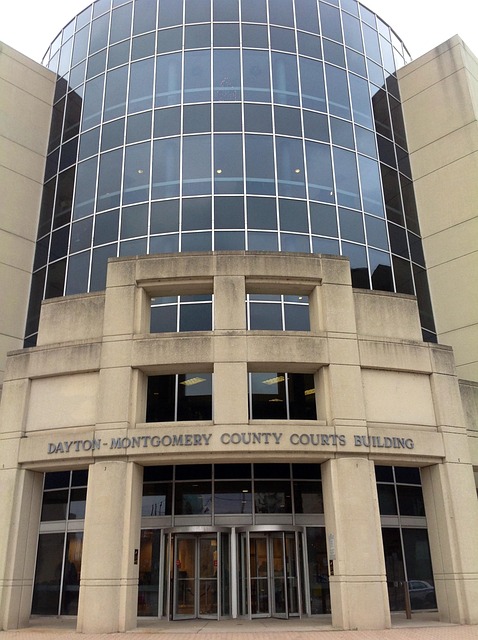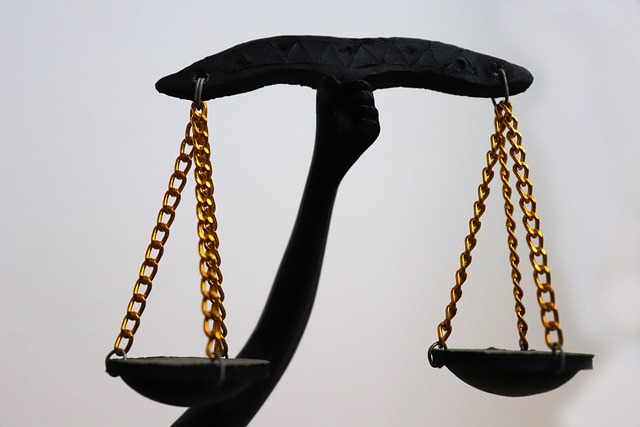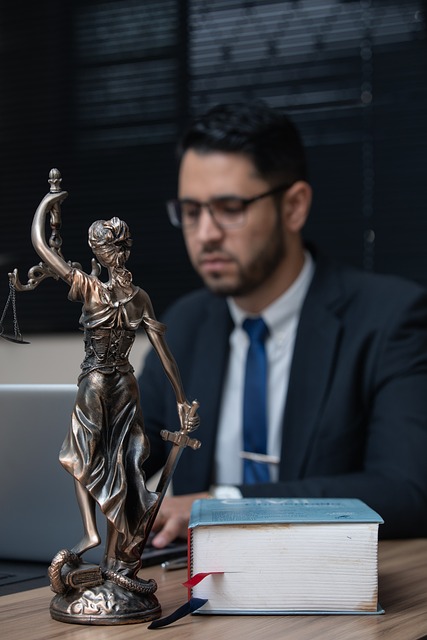Environmental Crime Trials pose complex legal challenges that demand specialized knowledge in ecological damage, public health impacts, and regulatory violations. Skilled environmental law attorneys are crucial for successful Legal Representation for Class Action Lawsuits against polluters. These lawsuits empower communities to seek justice collectively, leading to substantial financial penalties and policy changes. Through multidisciplinary strategies, including expert testimony and economic analyses, legal teams can effectively communicate complex issues to juries, ensuring accountability for corporate environmental crimes. Notable cases like Exxon Valdez and United States v. Pfizer have set important precedents, underscoring the importance of specialized criminal defense in these trials.
“Environmental Crime Trials: Holding Polluters Accountable through Legal Perseverance
As we face escalating environmental challenges, the success of environmental crime trials becomes paramount. This article explores the intricate world of legal strategies aimed at combating ecological offenses. From a comprehensive legal perspective, we delve into how class action lawsuits empower communities to seek justice. Key elements, effective representation, and real-world case studies illuminate the impact of these trials. Discover the power of Legal Representation for Class Action Lawsuits in transforming environmental accountability.”
- Understanding Environmental Crime Trials: A Legal Perspective
- The Role of Class Action Lawsuits in Holding Polluters Accountable
- Key Elements of a Successful Environmental Crime Trial
- Strategies for Effective Legal Representation in These Cases
- Case Studies: Notable Environmental Crime Trials and Their Impact
Understanding Environmental Crime Trials: A Legal Perspective
Environmental Crime Trials present unique legal challenges that require specialized knowledge and expertise. These trials often involve complex issues such as ecological damage, public health impacts, and regulatory violations. Understanding these cases from a legal perspective is crucial to navigate the intricate web of environmental laws, policies, and previous precedents.
When individuals or groups face charges related to environmental crimes, securing effective Legal Representation for Class Action Lawsuits can be pivotal. Skilled attorneys specializing in environmental law can provide invaluable support, ensuring that defendants’ rights are protected and offering a chance at achieving extraordinary results. Unlike general criminal defense strategies, environmental crime cases demand a deep understanding of the specific laws governing pollution, waste management, and natural resource conservation. This specialized approach increases the likelihood of a successful outcome, which may even result in the complete dismissal of all charges for the accused.
The Role of Class Action Lawsuits in Holding Polluters Accountable
In the fight against environmental crime, class action lawsuits have emerged as a powerful tool to hold polluters accountable. These legal strategies allow communities affected by pollution to join forces and seek justice collectively. By consolidating individual claims into a single case, class action lawsuits can lead to significant financial penalties for offenders, ensuring that they are held responsible for the environmental damage they’ve caused. This collective approach not only provides a strong legal representation for those directly impacted but also sends a powerful message to potential polluters, deterring similar future transgressions.
The impact of these lawsuits extends beyond monetary compensation; they spark conversations within both the philanthropic and political communities about the severity of environmental crimes. As successful cases gain traction, they influence policy changes and strengthen regulations targeting white-collar and economic crimes that harm the environment. Jury trials in such cases play a pivotal role, as they provide a public platform for holding perpetrators accountable and raising awareness about the far-reaching consequences of environmental degradation.
Key Elements of a Successful Environmental Crime Trial
A successful Environmental Crime Trial relies on several key elements that ensure justice and accountability. Firstly, robust legal representation is paramount, especially in high-stakes cases where the impact of environmental crimes is significant across the country. Skilled attorneys specializing in environmental law play a crucial role in navigating complex regulations and scientific evidence. They must possess an in-depth understanding of toxic torts, clean water acts, and air quality standards to build compelling cases.
Effective communication of these intricate legal matters to juries is essential. Lawyers should simplify technical jargon while presenting damning evidence against polluters. This includes documenting the ecological damage, gathering expert witness testimonies, and showcasing the profound effects on communities’ health and well-being. Such strategies foster public awareness, ensuring that corporate environmental crimes do not go unnoticed or unpunished. Moreover, successful trials often hinge on strong class action lawsuit legal representation, empowering affected citizens to hold perpetrators accountable for their actions.
Strategies for Effective Legal Representation in These Cases
Effective legal representation in environmental crime trials is paramount to achieving justice and deterring future misconduct. One key strategy for class action lawsuits involving these complex cases is a multidisciplinary approach. Lawyers should collaborate with experts in environmental science, engineering, and economics to build a robust case. By integrating scientific evidence and economic analyses, legal teams can illustrate the extent of environmental damage and its financial implications, enhancing their argument for compensation and restitution.
Additionally, successful representation often involves navigating intricate regulatory frameworks and understanding the unique challenges of white-collar and economic crimes. Lawyers must be adept at uncovering and presenting evidence of corporate negligence or intentional misconduct across various industries. Utilizing expert witnesses and advanced investigative techniques, legal representatives can expose the culpability of defendants, ensuring robust jury trials where the facts and legal arguments are clearly presented.
Case Studies: Notable Environmental Crime Trials and Their Impact
Environmental Crime Trials have garnered significant attention due to their profound impact on communities and ecosystems. Notable cases like the Exxon Valdez oil spill in 1989, where ExxonMobil was held accountable for environmental damage stretching across Alaska, set precedents for legal representation in class action lawsuits. These trials not only enforce environmental regulations but also send powerful messages about corporate responsibility.
Across the country, cases such as the United States v. Pfizer (2017) have demonstrated the reach of environmental crime prosecutions. Pfizer faced charges for illegally dumping hazardous waste, leading to substantial fines and a lasting impact on the company’s reputation. Such trials serve as guides for all stages of the investigative and enforcement process, emphasizing the importance of general criminal defense strategies tailored to environmental cases.
Environmental crime trials play a pivotal role in holding polluters accountable and fostering environmental justice. By examining key elements, strategies for legal representation, and notable case studies, we’ve highlighted the power of class action lawsuits as a tool to enforce environmental laws. Effective legal representation in these cases not only ensures victory in court but also sends a strong message to potential polluters, encouraging compliance and promoting a cleaner, healthier world. As the fight against environmental degradation continues, robust Legal Representation for Class Action Lawsuits will remain indispensable in navigating complex legal landscapes and achieving meaningful results.






